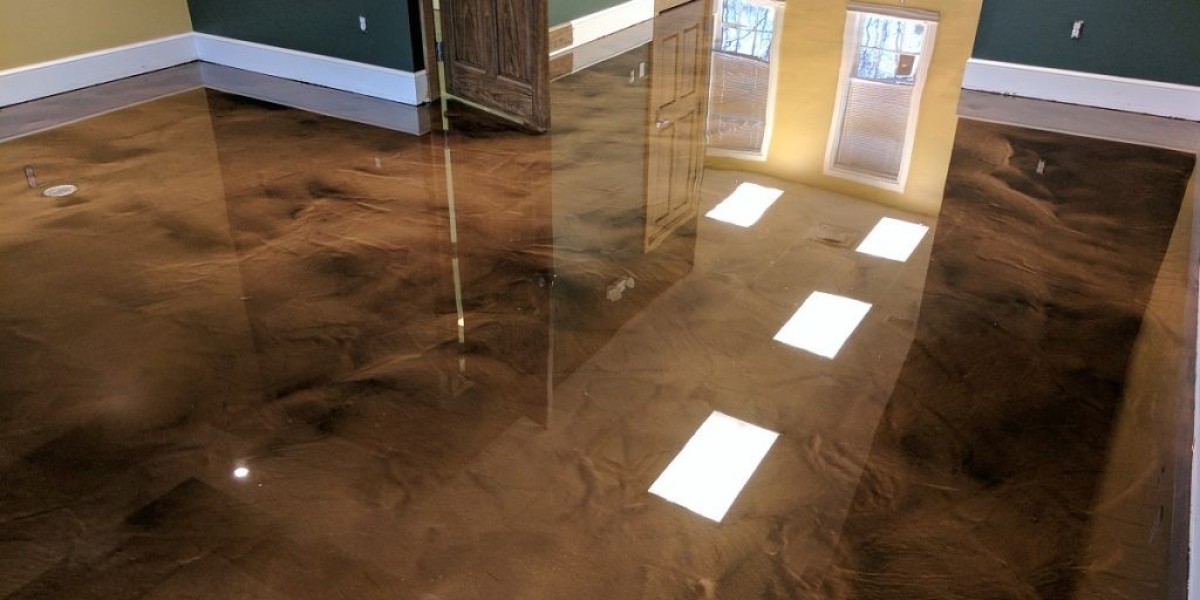Web design is an essential component of any digital experience. A great web designer creates visually appealing websites that are also user-friendly, functional, and accessible across various devices and platforms. The skills and qualities of a web designer are crucial for the success of any online business. In this article, we will discuss what makes a great web designer, the necessary skills to look for, and how to identify a designer who can meet your needs.
Key Skills of a Web Designer
A great web designer needs to possess a combination of both technical and creative skills. These include:
User Experience (UX) Design: This is the foundation of web design. A web designer must understand how users interact with websites, ensuring the design is intuitive and easy to navigate. UX design involves creating wireframes and prototypes to map out the user journey, optimizing user satisfaction.
User Interface (UI) Design: UI design focuses on the visual elements that users interact with, such as buttons, menus, and icons. A web designer should have a keen eye for design and an understanding of how to make a website visually appealing without overwhelming users.
Responsive Design: With the increasing use of smartphones and tablets, websites need to adapt to different screen sizes. A skilled web designer must be proficient in responsive design, ensuring that the website looks and functions well on devices of all sizes.
Knowledge of Design Tools: Web designers must be proficient in using industry-standard design tools like Adobe Photoshop, Illustrator, Sketch, and Figma. These tools help designers create detailed, pixel-perfect designs that meet the client’s needs.
HTML/CSS Knowledge: While web designers don’t necessarily need to be full-fledged developers, understanding the basics of HTML and CSS is essential. This knowledge helps them create accurate designs and collaborate effectively with web developers.
Attention to Detail: A great web designer knows that small details matter. From typography to color schemes, every element should contribute to the overall user experience. A well-designed website creates a lasting impression on visitors.
Creativity and Problem Solving
Creativity is at the heart of web design. A great web designer should be able to think outside the box and provide innovative solutions to design challenges. Creativity isn't just about making something look good; it's about solving problems in unique and effective ways. Whether it's creating a visually striking homepage or designing an easy-to-navigate e-commerce store, a web designer must think critically about the user's experience.
Problem-solving is a key part of the design process. A web designer must be able to take the client’s objectives and translate them into a functional, engaging design. Whether it's fixing a layout issue or improving the performance of the website, problem-solving is a daily part of the job.
Communication and Collaboration
Web designers need strong communication skills. They must be able to listen to clients, understand their needs, and translate those needs into a functional design. Clear communication is essential throughout the design process, from initial meetings to feedback sessions and final delivery.
Additionally, web designers must be able to collaborate with other professionals, such as developers, content creators, and marketing teams. A designer may create the layout, but the developers will turn it into a functioning website, and content creators will provide the information that fills it. Successful collaboration ensures that all elements of the website work harmoniously together.
Why Web Design Matters
A website is often the first point of contact between a business and potential customers. The quality of the website design can greatly impact a visitor’s impression of the brand. A well-designed website creates a positive first impression, builds credibility, and encourages users to stay longer and explore more.
On the other hand, poor design can drive users away. Slow load times, confusing navigation, and unappealing visuals can cause visitors to leave the site quickly, which can harm a business’s reputation. Investing in a great web designer is crucial for businesses that want to make a strong, lasting impact in the digital world.
Choosing the Right Web Designer
When hiring a web designer, it’s important to look for someone who possesses a combination of technical proficiency, creativity, and experience. Here are some tips for finding the right designer:
Look at Their Portfolio: A strong portfolio gives you a clear idea of the designer’s style and skill level. Review their previous work to determine if their designs align with your vision.
Check for Testimonials: Client testimonials and reviews can give you insight into the designer’s work ethic, communication skills, and reliability.
Discuss Your Vision: A good web designer should be able to listen to your ideas and turn them into reality. Make sure to communicate your goals and expectations clearly.
Evaluate Their Process: A professional web designer will have a clear process for how they work. This should include a timeline, milestones, and regular check-ins to ensure that the project stays on track.
Consider the Budget: While it’s important to find a designer whose work meets your expectations, you also need to ensure that their services fit within your budget. Get quotes from multiple designers to compare prices.
At the end of the day, a great Web Designer can help your business create a website that is both visually appealing and functional, ensuring a positive user experience and driving engagement.



